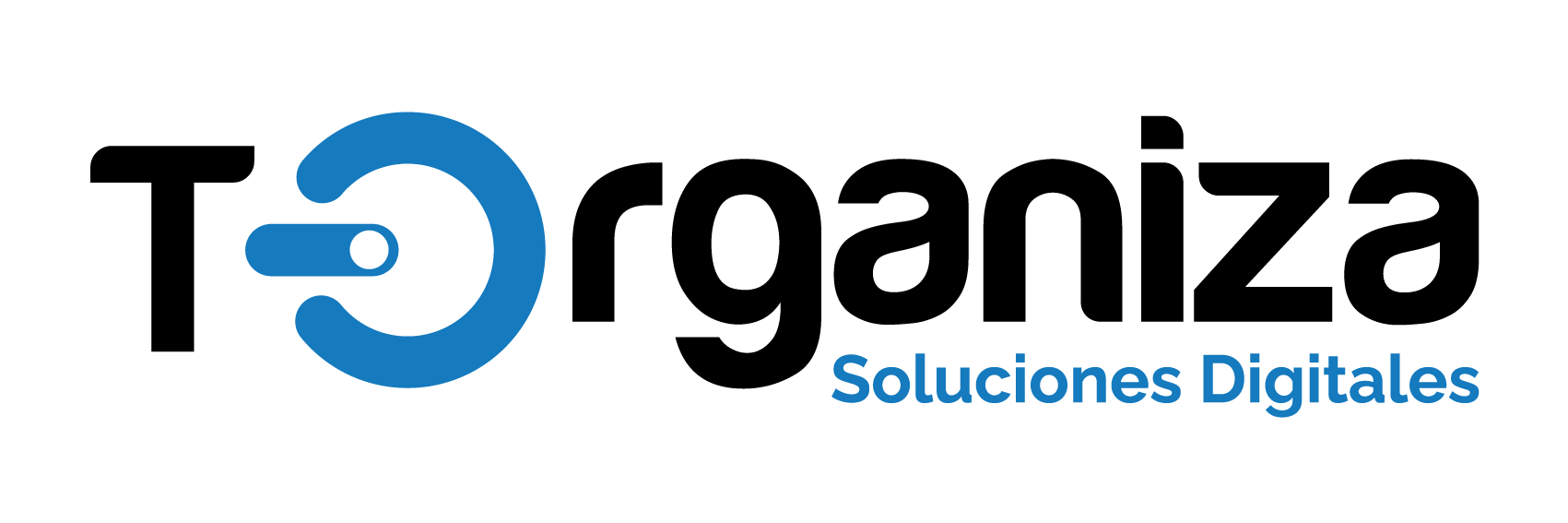What is a VPN?
A VPN (virtual private network) connection redirects your internet traffic through a secure tunnel, masking your IP and encrypting your data. It provides you with online privacy and protects you from potential attacks.
Advantages and disadvantages of a VPN
Once we know what a VPN is, we can move on to see what its main advantages and disadvantages are.
Advantages:
Provides greater data confidentiality
– It is one of the main advantages of using a VPN, due to the current pandemic situation, it allows many users to work without being physically in the company, therefore favoring safe teleworking.
Greater security on public Wi-Fi connections
– It allows connection to public wireless networks in a secure and encrypted manner, which protects us from possible attacks from other users connected to the same network.
Avoid blockages/censorship of our country
– We can take advantage of the server's geolocation to eliminate censorship barriers from other countries. So we can have access to specific programs from certain countries.
Have dedicated servers
– Most VPNs offer packages with extra services for a small price, such as private data cloud services, ad blockers or even filters to detect vulnerabilities in our email.
Increase security with P2P downloads
– When we make P2P downloads, companies can limit our connection, however, with a VPN they cannot limit it, although it should be noted that even so the download speed will not be what we have contracted but it will be noticeably better than if we do it without a VPN.
Disadvantages:
Speed and latency
➢ The upload and download speed is reduced when using a VPN, this occurs since the packets also have to reach the VPN server, this added to the encapsulation layer that it includes and the security of the tunnel makes routing More expensive.
Security is better, but not impenetrable
– Depending on the VPN we use, the security will be greater or lesser, in both cases it does not free 100% from being possible victims of an attack.
If we want to be completely anonymous we must use Tor
– The VPN gives us a certain confidentiality from our provider but there is always information about the origin of the package that the VPN does not mask. This is only possible using Tor, so if we want to be completely anonymous we must use both simultaneously, both Tor and the VPN.
Limitations in certain countries
– There are some countries that limit the use of VPNs and, on the other hand, there are some others that prohibit their use.
The vast majority of services are paid
– If we cannot set up our own VPN ourselves, we have no choice but to hire a VPN as a paid service, as long as we want a stable, secure and fast network.
OWN VPN VS VPN AS A SERVICE
Own VPN:
Pros:
● Security to connect from public networks
● Access to the network as if we were local
● Greater security (no need to open ports on the router)
● Free
Cons:
● The speed depends on the upload speed of our network
● Less speed, higher ping
● We need hardware for the VPN server
● We browse with the Public IP of the VPN server
VPN as a service:
Pros:
● Freedom to choose the exit node
● We avoid geographical restrictions
● We avoid P2P penalties or penalties from other servers
● Browsing and privacy from ISPs (Internet Service Provider)
● Connection security through encryption
● Ease of use and configuration
Cons:
● Monthly/annual economic cost, the longer the stay, the cheaper it will be.
CURRENTLY BEST VPNs
Now that we are clearer about the concept of VPN, as well as the difference between its types, we can move on to see which are the best options currently on the market.
NordVPN
The download/upload speed is maintained compared to the contracted speed, simple, fluid and easy-to-use interface, it works constantly well and also has a very low ping (fast connection in a stable manner). Price: €9.56/month Other notable features:
◆ Strong encryption
◆ Updated tunnel protocols
◆ NO-LOGS Policy (The 0-logs policy is one in which the VPN provider does not collect any information about the user)
◆ Privacy-friendly jurisdiction
◆ Kill switch (The VPN disconnects from the internet when your VPN disconnects without express action on your part, or when the anonymity and security of the connection are compromised)
surfshark
The reduction in download/upload speed is minimal (it has worse ping than ExpressVPN), it has the option to select the fastest server automatically. Price: €10.87/month
Other notable features:
◆ Strong encryption
◆ Stealth protocols
◆ NO-LOGS Policy (The 0-logs policy is one in which the VPN provider does not collect any information about the user)
◆ Leak protection
◆ RAM only servers (No data is stored if the server is turned off)
◆ Additional browser extensions
◆ Kill switch (The VPN disconnects from the internet when your VPN disconnects without express action on your part, or when the anonymity and security of the connection are compromised)
ExpressVPN
The reduction in download/upload speed is minimal, easy to use, correct functionality. Disadvantage: Price: €11.18/month
Other notable features:
◆ Advanced data encryption
◆ IP and DNS protection
◆ NO-LOGS Policy (The 0-logs policy is one in which the VPN provider does not collect any information about the user)
◆ RAM only servers (No data is stored if the server is turned off)
◆ Kill switch (The VPN disconnects from the internet when your VPN disconnects without express action on your part, or when the anonymity and security of the connection are compromised)
Looking at and comparing its features, this would be our top 3 best VPN today, with NordVPN being the most complete and economical.


